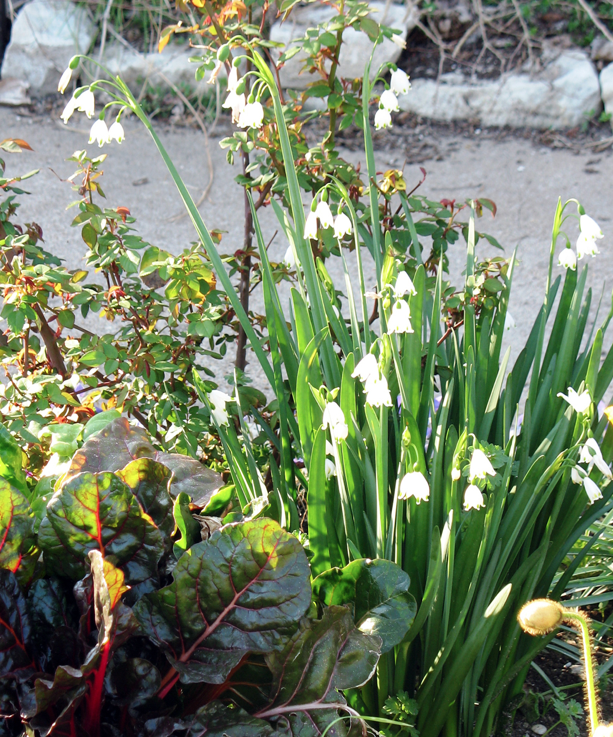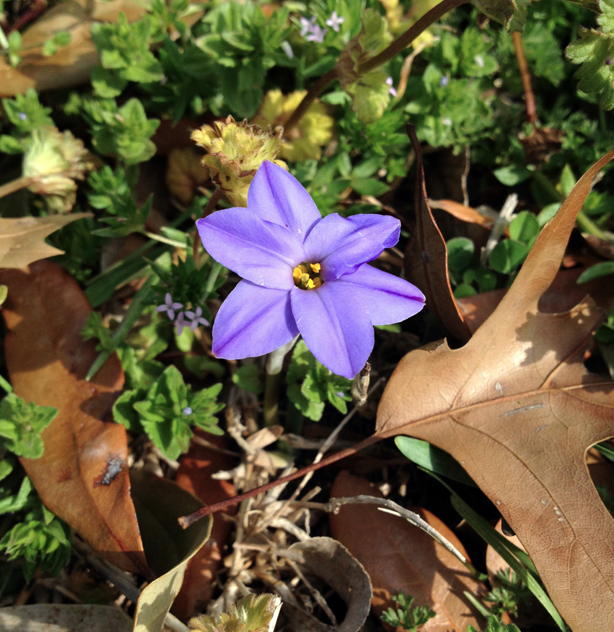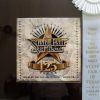Three Unusual Bulbs for Your Landscape
November 20, 2014 | By webadmin
Fall and winter is bulb planting season! Plant a variety of colors and types this fall and you’ll be rewarded with a bounty of spring blooms. While some bulbs such as hyacinth and tulips must be re-planted each year in our climate, there are many varieties that make hardy perennials for us. Daffodils are the most popular and common perennial bulbs you’ll see planted around the Dallas area. Looking for something a little new on your block? Summer snowflake, Spanish bluebells and Starflower are three more unusual yet beautiful bulbs.

Summer Snowflake, Leucojum aestivum, is one of our favorite perennials bulbs. They offer up deep green grass-like leaves followed by snow white, bell-shaped blooms. They resemble lily of the valley, which can be difficult to grow in our climate. Have a shady garden? These spring bloomers won’t mind a bit.
Love the color blue? Then you’ll look forward to the arrival of Spanish Bluebells, Hyaninthoides, each spring. Flowers emerge in late-spring, along with the latest blooming daffodils and tulips. They have blades of bright green leaves and spikes of blue-purple, bell-shaped blooms. Like Summer Snowflake, they don’t mind a bit of shade and naturalize very well. Pink and white flowering varieties are also available.

Starflower, Iphieon, will make you look closely at your landscape and you’ll love what you discover! At only four to six inches tall, these pixies of the garden will be one of your favorites. In mid-spring, you’ll notice small white or blue star-shaped blooms peeking out from wherever you planted them. We recommend planting en masse directly into lawns or in the very front of your garden beds. In lawns, be sure to mow the spring lawn before the stems grow too high.
As with all bulbs, plant in well-amended soil and feed with a bulb fertilizer. No time to plant your spring bulb display? We can do that for you! Call us this week to be on our winter planting schedule.
